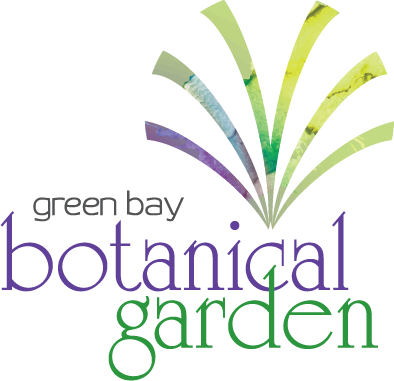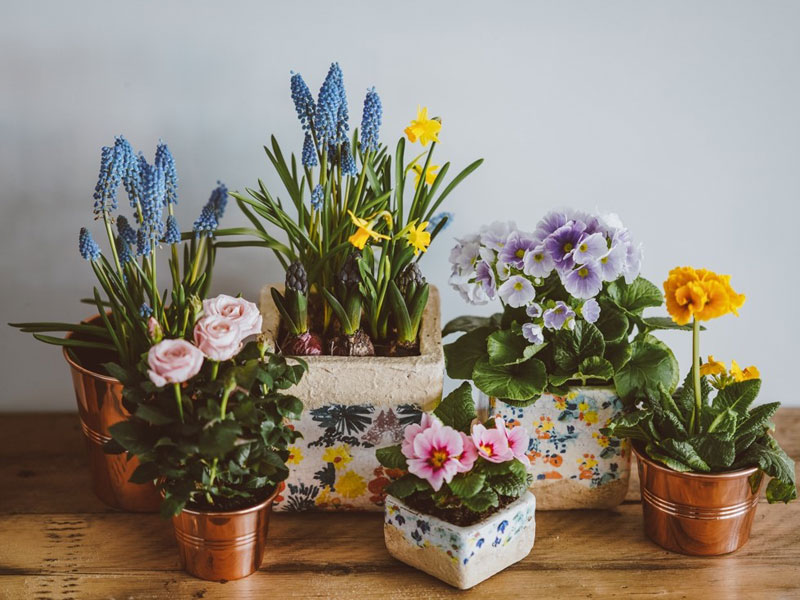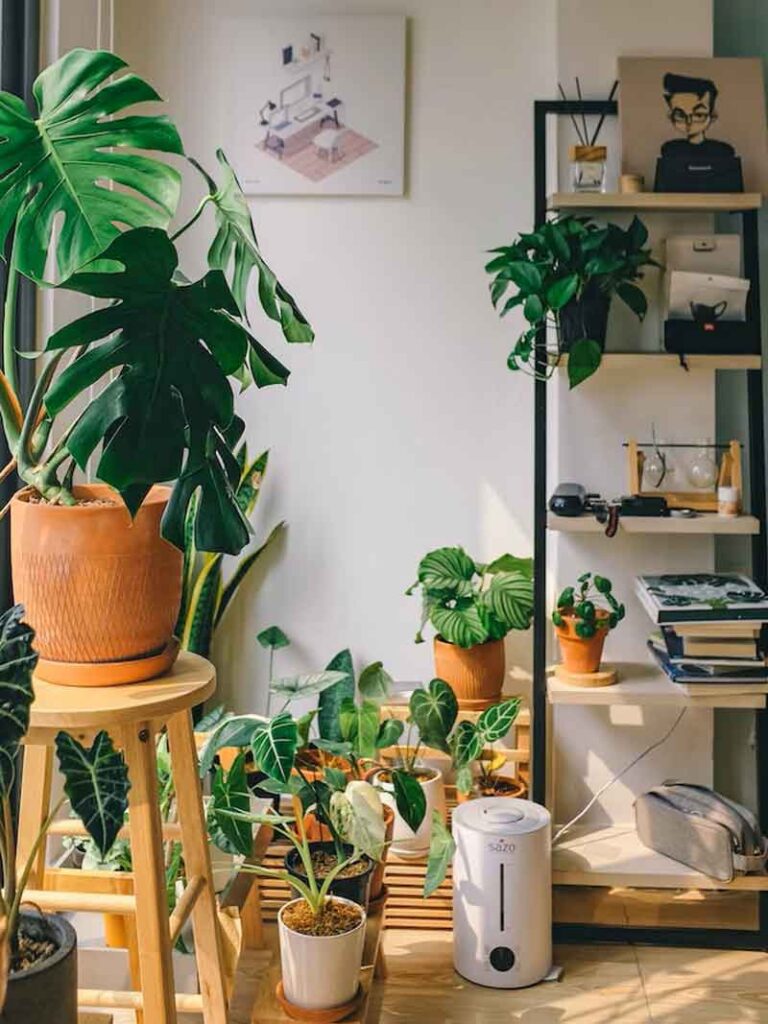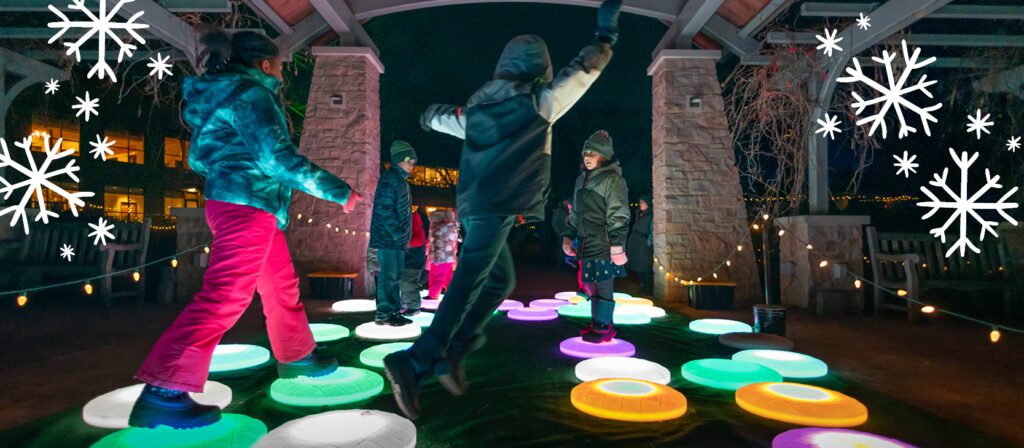Whether you have two windows or 20, there is an interior plant begging to be in your home. However, before you dart off to the nearest greenhouse or garden center, there are a few requirements needed to provide the best care for your plant. These are meant to ensure that your houseplant has the most optimal chance of survival outside of their native habitat.
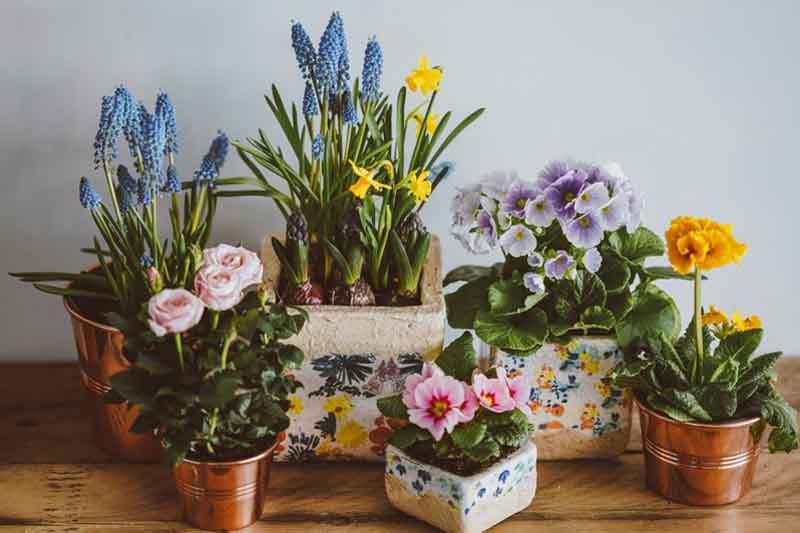
Some tips to think about in your home include as follows:
Amount of Light
Take a moment to consider how many available light sources your home has. Then think about the angle of direction that the light penetrates the home. Typically, south facing windows receive the most intense light while north facing windows receive the least intense amount of light. If windows are scarce in your home, think about using artificial growing lights.
Water Resources
Ask yourself, what type of water does my home receive? Is it hard water, soft water or “city water”? Typically, plants respond best with a tepid, soft water with low amounts of heavy metals. Using a water softener will also yield the best plant growth.
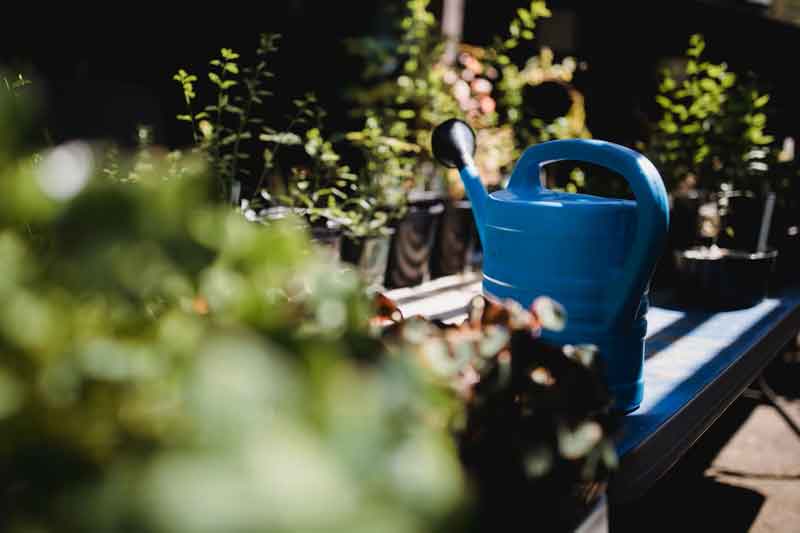
Relative Humidity
How humid is your home? Plants enjoy an environment that best replicates their native home, which is tropical environments. If your home is drier than a bone and you want a leafy philodendron, consider adding a small humidifier near your plant to add moisture.
Consider the Living Space Itself
Some plants grow to be massive in size, such as the Chinese fan palm that can grow fronds up to two to four feet wide! Does your house or apartment have what it takes to accommodate the size of your future plants? How about the style of your living space? Interior plants can serve as living decorations and should be carefully thought out in order to best match the existing style of where you live, instead of clashing with it.
Pet Friendly
Houseplants look beautiful to us humans, but they can serve as a tempting treat to our furry friends. Be sure to research toxic plants before bringing them home. A great resource is the ASPCA website.
Your Budget
Plants can be expensive, depending on what you buy and how much. Consider your budget before purchasing a giant hanging lobster claw plant. If your budget is tight, then consider a smaller cactus or succulent to fill empty spaces in house or apartment.
Are You Ready to Work?
All plants require some amount of work, whether you’re fertilizing, repotting, pruning or even watering. Calculate the amount of time out of your day you can reasonably dedicate to your plants.
Now for the moment you have been waiting for… the plants! This list I’ve created includes the light and water requirements for some plants, as well as their toxicity to pets.
Now it’s time to start the exciting process of finding your own houseplants for your living space! Check out our Gardening Resources web page to learn more gardening tips and tricks, including plants that are the most beneficial to pollinators.
And stay tuned in September for a look at how critter control can help your houseplants thrive!
